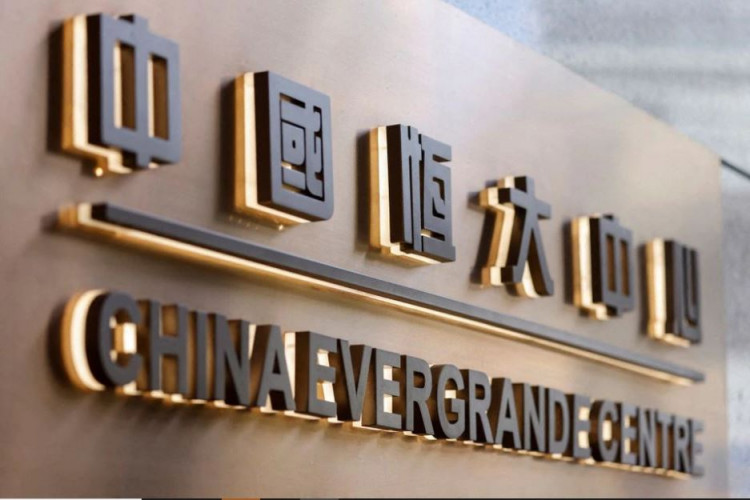China Evergrande Group has announced that its liquidators are seeking to recover approximately $6 billion from seven defendants, including the company's founder Hui Ka Yan and several former top executives. This move comes amidst Evergrande's ongoing efforts to navigate one of the largest liquidation cases in China's history, stemming from its massive $300 billion in liabilities.
The Hong Kong High Court had ordered the liquidation of Evergrande in January after the company failed to present a viable restructuring plan for its $23 billion offshore debt. The liquidators, Edward Middleton and Tiffany Wong from Alvarez and Marsal, stated in a filing that legal proceedings were initiated in late March against the defendants. These include former CEO Xia Haijun, former CFO Pan Darong, Hui's former spouse Ding Yumei, and three entities associated with Hui and Ding.
In a bid to prevent the dissipation of assets, the liquidators obtained injunctions against Hui, Ding, and Xia, restraining them from dealing with or diminishing the value of their worldwide assets up to specified limits. The confidentiality orders on these injunctions were lifted by the court on August 2, allowing the details to be publicly disclosed.
The liquidators' goal is to recover dividends and remuneration totaling $6 billion that Evergrande paid to these defendants, based on allegedly misstated financial statements from 2017 to 2020. Earlier this year, the China Securities Regulatory Commission found that Evergrande's onshore flagship unit, Hengda Real Estate, had overstated its revenue by 564 billion yuan ($78 billion) over two years through 2020.
"This represents the first formal step for liquidators to recoup assets for creditors," commented Andrew Chan of Bloomberg Intelligence. However, Chan cautioned that creditors might face a challenging path ahead, as Hui and others could have offshore assets that are difficult to seize.
Hui Ka Yan, once Asia's second-richest person with a net worth of $42 billion, has seen his fortune drastically diminish as Evergrande's financial woes deepened. Hui has been under "mandatory measures" since September, suspected of committing crimes. Reports indicate that Chinese police have placed him under residential surveillance, a measure that stops short of formal detention.
Former executives Xia and Pan, who oversaw Evergrande's financing operations, have also been under scrutiny. According to reports, both have been held since last year as part of the investigations into the company's financial practices.
Ding Yumei, Hui's ex-wife, holds a 5.99% stake in Evergrande shares. The couple's financial separation remains unclear, raising questions about the potential impact on Evergrande's liabilities. Earlier this year, Ding filed a lawsuit against Hui's second son over loan payments totaling HK$1 billion.
The defendants are also facing pressure from Chinese regulators. The China Securities Regulatory Commission announced a 4.18 billion yuan fine on Evergrande's onshore unit Hengda in May, citing fraudulent bond issuance and violations in information disclosures.
"The proceedings are ongoing and there is no certainty as to whether or not they will be successful and as to the amount that may ultimately be recovered by the company," stated the joint liquidators. Evergrande's shares will remain suspended from trading on the Hong Kong stock exchange until further notice.






